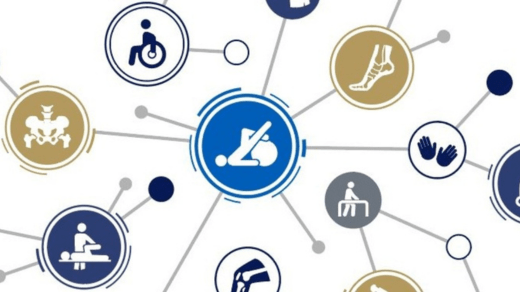
Pediatric rehabilitation is a specialized field that focuses on helping children overcome physical, developmental, and cognitive challenges. In this discussion, we’ll explore 15 pros and 15 cons of pediatric rehabilitation, highlighting the significance, benefits, and challenges associated with supporting children to thrive and reach their full potential.
Pros of Pediatric Rehabilitation:
- Early Intervention: Pediatric rehabilitation allows for early intervention to address developmental issues.
- Improved Function: It aims to improve children’s physical and cognitive functions.
- Enhanced Quality of Life: Successful rehabilitation can lead to an improved overall quality of life for children and their families.
- Customized Care: Rehabilitation plans are tailored to the individual needs and abilities of each child.
- Social Interaction: Group therapy and support programs promote social interaction and emotional well-being.
- Psychological Support: Pediatric rehabilitation provides emotional and psychological support during the recovery process.
- Skill Development: Children learn essential skills for daily life and independence.
- Family Education: Rehabilitation programs educate families on how to support their children’s unique needs.
- Empowering Children: Rehabilitation boosts children’s self-esteem and confidence.
- Pain Management: It offers effective strategies for managing and reducing pain.
- Educational Support: Pediatric rehabilitation often helps children succeed in their educational goals.
- Communication Enhancement: Speech and language therapy can improve communication skills.
- Cultural Sensitivity: Rehabilitation programs strive to be culturally sensitive and inclusive.
- Preventative Care: Rehabilitation minimizes the risk of secondary complications due to physical or cognitive challenges.
- Play-Based Learning: Rehabilitation can be designed to engage children through play-based learning activities.
Cons of Pediatric Rehabilitation:
- Challenging Process: Rehabilitation can be emotionally and physically challenging for children.
- Time-Consuming: Rehabilitation programs can be lengthy and may interfere with school and social activities.
- Financial Costs: Medical and therapy expenses can be substantial for families.
- Psychological Strain: Coping with health issues and the recovery process can be emotionally taxing for children and parents.
- Limited Access: Not all children have access to high-quality pediatric rehabilitation services.
- Discomfort and Fatigue: Therapy exercises can lead to physical discomfort and fatigue in children.
- Dependency on Caregivers: Some children may become dependent on caregivers or support systems.
- Frustration: Slow progress or setbacks can be frustrating for children and their families.
- Risk of Relapse: Even after successful rehabilitation, there is always a risk of relapse.
- Educational Disruptions: Rehabilitation may disrupt children’s educational routines.
- Invasive Procedures: Some forms of rehabilitation may involve invasive medical procedures.
- Complex Diagnosis: Children may have complex medical conditions that require specialized care.
- Lack of Long-Term Care: Some children may require ongoing support beyond rehabilitation.
- Emotional Strain on Family: Families may experience emotional strain in supporting the rehabilitation process.
- Privacy Concerns: Pediatric rehabilitation may pose privacy concerns for children and families.
Pediatric rehabilitation is a crucial field that supports children in reaching their full potential and thriving despite physical, developmental, or cognitive challenges. The decision to pursue rehabilitation should consider the unique needs and circumstances of each child, recognizing the potential benefits and challenges associated with the process. With the right support, children can overcome obstacles and grow to lead healthy, fulfilling lives.



